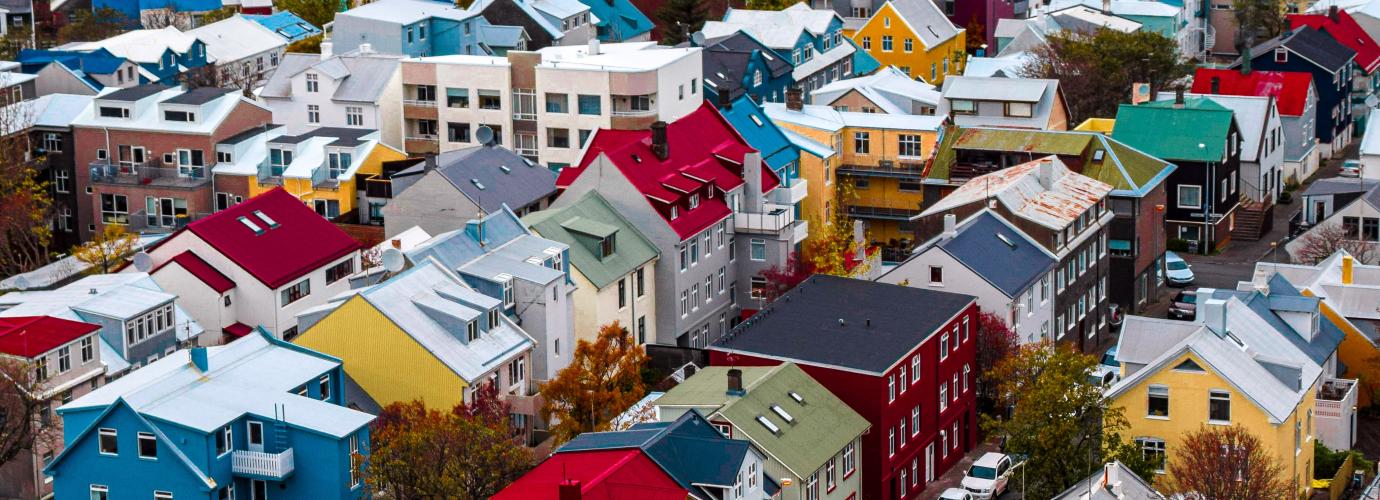Funding in Education
Local authorities pay for the construction and the operation of pre-primary and primary schools.
The State contributions towards the operation of schools at the upper-secondary level.
When establishing a new upper secondary school, an agreement shall be concluded regarding capital investment costs and division of costs between the parties involved in establishing the upper secondary school. Capital investment costs include housing and general equipment that the parties to the agreement agree to provide to the school. Local authorities provide building lots for upper secondary schools without charge. The municipality where an upper secondary school is located pays 40% of the building of a new school but the state pays all operational costs of the schools. The municipality where an upper secondary school is located, pays 40% of the construction of a new school, but the State pays all the operational cost. The Minister of Education, Science and Culture sets the guidelines for capital investment costs of upper secondary schools in consultation with the Icelandic Association of Local Authorities.
The main principle for funding of the extra costs related to VET at the upper secondary school level, is that the Ministry of Education, Science and Culture makes a contract with each school based on a specific calculation – a formula which considers the actual cost per student in the relevant subject per term. The amount differs between study programs.
Costs for the tertiary level are determined in the annual State budget as passed by Parliament each year.

